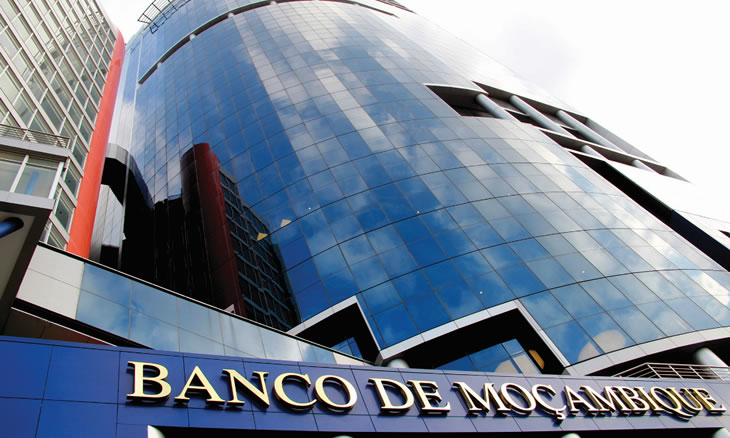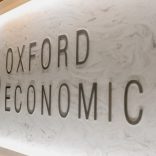Mozambique: Public debt reaches 1,100 billion meticais - AIM
Decision on fuel bill ‘signals that reserves are at the limit’ – economists | Mozambique

File photo: Lusa
Mozambican economists said yesterday that the central bank’s decision to stop participating in the fuel import bill is a sign that its reserves are at the “limit” and that it intends to curb the balance of payments deficit.
“The country is using reserves to maintain the exchange rate and, at the moment, the central bank can no longer do that, we are at the limit of our reserves,” said Estrela Charles, economist and researcher at the Centre for Public Integrity (CIP).
Charles pointed out that the volume of reserves currently held by the central bank covers a maximum of three months of imports and that it cannot be allowed to fall below this level.
“The central bank started the year 2022 with sufficient net international reserves for six months’-worth of imports [of goods and services],” she adds, but between the end of 2022 and the beginning of 2023, it ended up left with resources able to support three months of imports at most.
Estrela Charles says that the Mozambican financial regulator understands that there is a lot of currency in circulation in the Mozambican foreign exchange market, enough in fact to finance the import of fuel without the need for a contribution from the authorities.
She warned, however, of the risk of commercial banks running out of currency and putting pressure on exchange rates, if the decision is not accompanied by “other auxiliary measures”.
For his part, economist Elcidio Bachita argues that the Bank of Mozambique’s decision showed that it wants to prioritise the use of its assets in financing other activities, leaving support for fuel imports to the market.
“On the one hand, this has to do with the government’s position in the sense of letting the market regulate what is the price of fuel in Mozambique, but, on the other hand, the Bank of Mozambique does not want to see itself in a position where it is using net international reserves for fuel import costs,” Bachita highlighted.
READ: Bank of Mozambique stops contributing to fuel import bills, starting today
Bachita further notes that the continued use of central bank money to import fuel puts pressure on the balance of payments.
“Mozambique spends more than US$400 million [€374 million] annually on the import of liquid fuels,” he emphasized.
Egas Daniel, economist and coordinator of the Mozambique program at the London School of Economics’ International Growth Center (IGC), advocates greater coordination between the central bank and other actors involved in the fuel import process to avoid disruptions derived from a possible lack of foreign exchange.
“I hope that this decision by the Bank of Mozambique has been coordinated with the other entities in the fuel import sector in order to contain the risks it may pose,” Daniel says.
The regulator’s contribution to the fuel bill was crucial as a “guarantor or cushion” in situations where the foreign exchange market was unable to mobilise the necessary resources to purchase crude oil, he added.
“With the withdrawal of this help from the Bank of Mozambique, this risk will certainly have to be managed by the operators”, which could “really imply additional costs in the process of importing fuel”, he warned.
But, he continued, if the decision was better articulated with the other players in the fuel market in Mozambique, it could help the central bank to better manage its reserves and channel its resources to other sectors.
The central bank’s contribution to invoices for importing fuel from abroad dates back to 2005 and reached 100% after 2010, because there were “large amounts, ranging from US$10 to US$20 million in a single invoice”, making it unaffordable for any bank or group of banks to pay, explained Silvina de Abreu, a central bank administrator, during a meeting on Friday with the Confederation of Mozambican Economic Associations (CTA).
In recent years, “invoices are quite fragmented”, sometimes on the order of “one million dollars or less”, which allows smaller banks to enter “this fuel financing market”, she added in the course of justifying the decision.
All the liquid fuel sold in Mozambique (diesel, gasoline and jet fuel for aircraft) is imported in cargo ships.
READ: Mozambique: Banks at risk after rise in reserves to be held by central bank – business | Watch













Leave a Reply
Be the First to Comment!
You must be logged in to post a comment.
You must be logged in to post a comment.